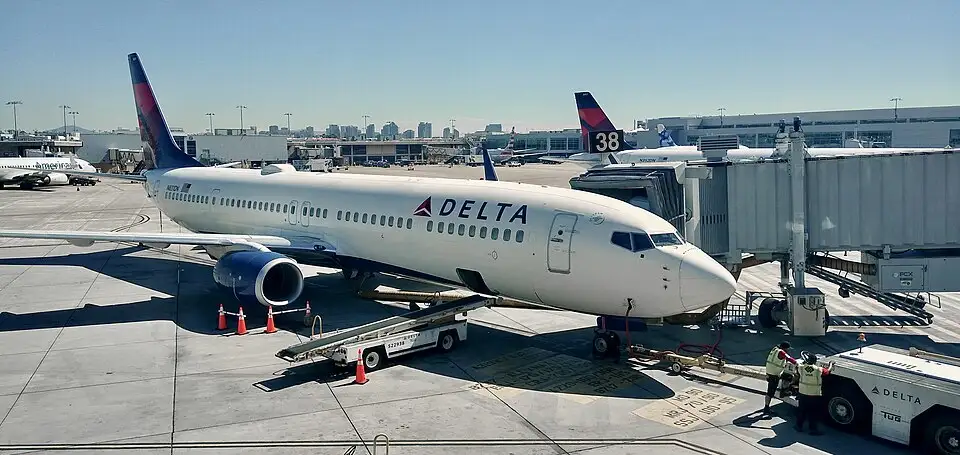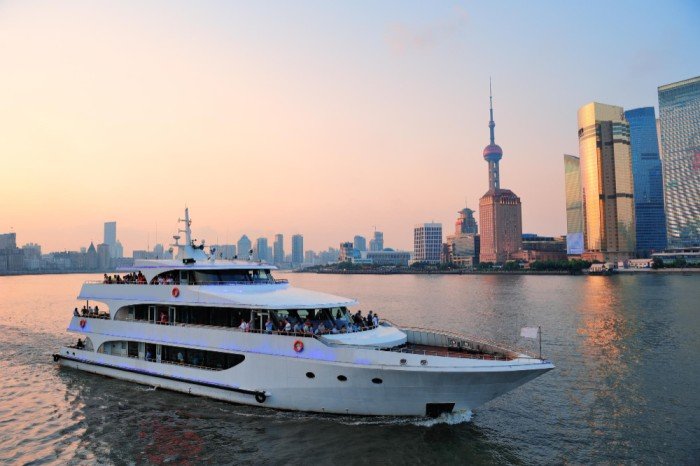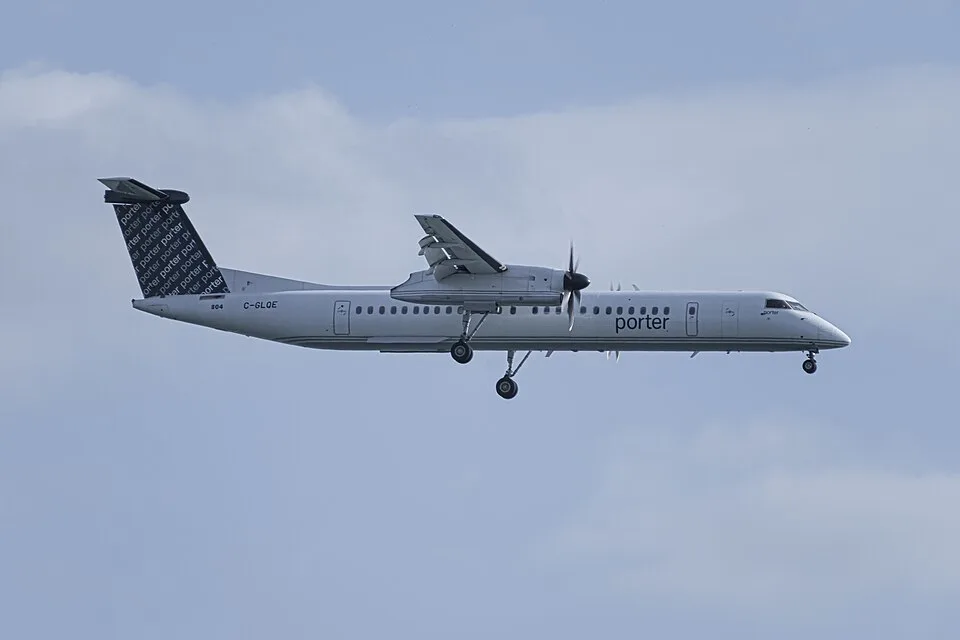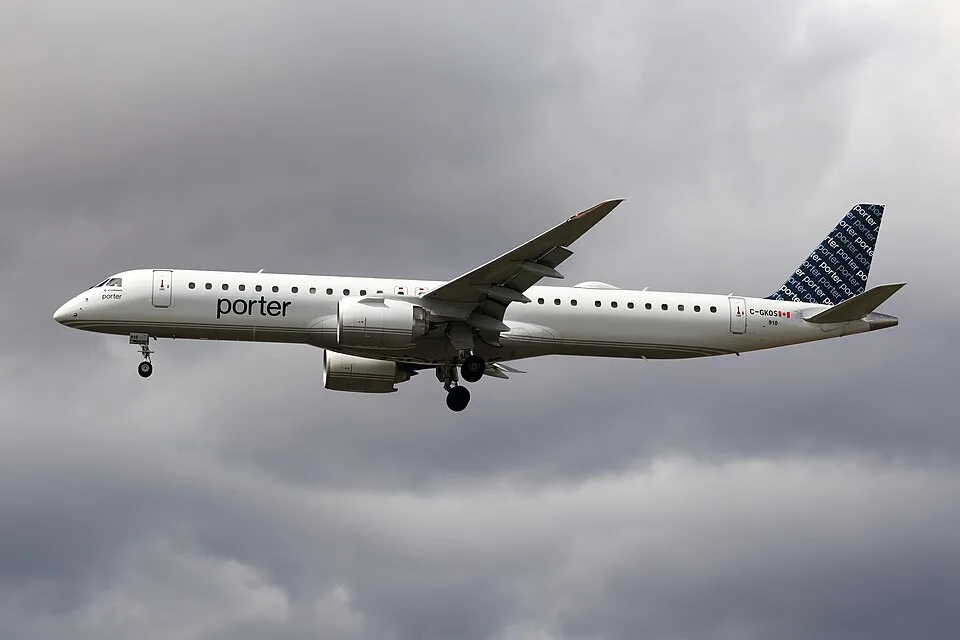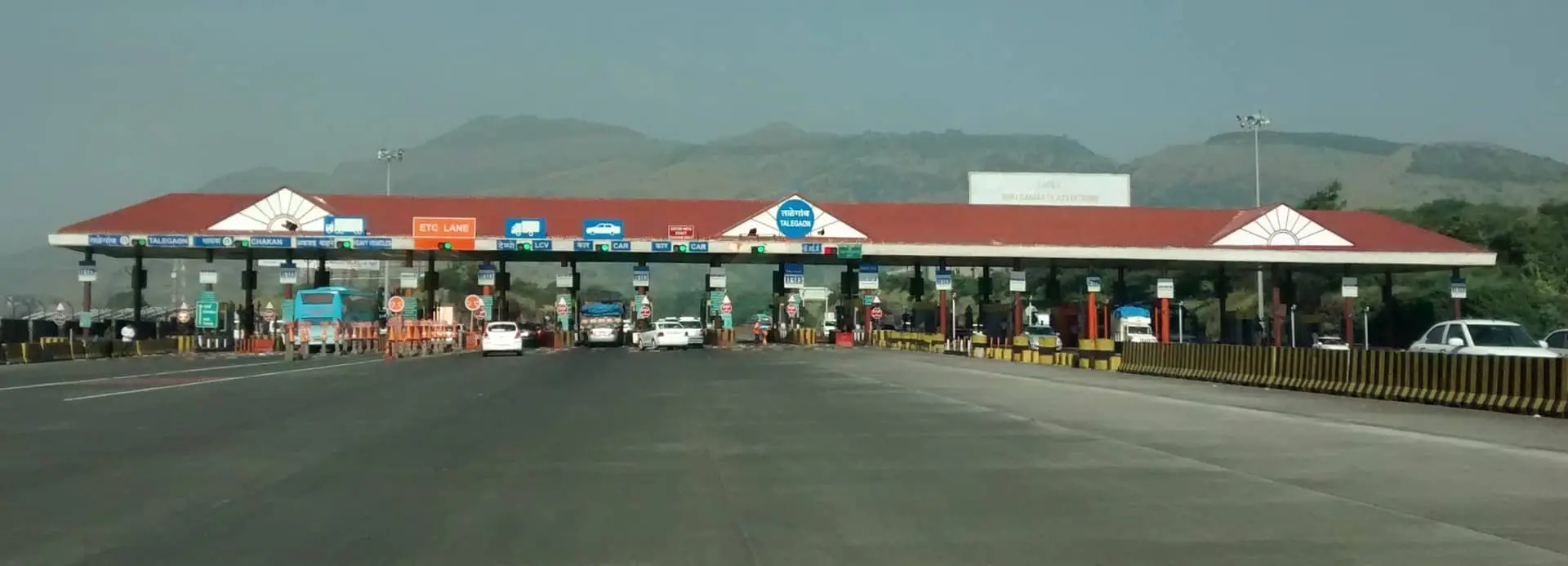Greater Adelaide heavy vehicle bypass reconsidered ahead of federal election

A long-anticipated freight bypass, expected to redirect up to 420,000 trucks annually from Adelaide’s congested roads, is back in focus following the federal budget.
The federal Labor government has pledged $525 million over 10 years for the Greater Adelaide Freight Bypass, marking the first stage of the High Productivity Vehicle Network (HPVN).
The plan features a bypass of Truro township, the duplication of Swanport Bridge near Murray Bridge, and multiple upgrades between Monarto and the Sturt Highway.
In 2021, the former federal and state governments allocated $202 million for the Truro bypass, but the funding was withdrawn by the current federal Labor government in 2023.
Bypass sparks divided opinions
Truro residents and business owners have long held mixed opinions on the project—some welcoming it, while others remain skeptical about its impact on the community.
Sunrise Bakery Truro owner James Nagel acknowledged concerns among businesses about the township’s future if bypassed but recognized the importance of improving safety.
“Bypasses have had a severe impact on towns … I’ve argued that we should stop calling it a bypass and instead refer to it as a freight route.”
SA Road Transport Association executive officer Steve Shearer welcomed the “critically important” HPVN project but emphasized the need for careful planning in its execution.
He noted that properly diverting heavy vehicles from Portrush Road and Cross Road could significantly ease congestion in the city’s road network.
“Approximately 700,000 trucks travel down the freeway each year, with around 40 percent belonging to Adelaide Hills operators,” he said.
“That’s roughly 420,000 trucks a year that could be redirected onto the bypass—about one truck per minute.”
However, Mr. Shearer emphasized that every part of the bypass must be completed in “lockstep” to effectively divert trucks away from the city.
“The concern is that trucks will continue using the South Eastern Freeway … resulting in no real change,” he said.
Uncertain Funding
During Senate estimates last Thursday, Nationals Senator Bridget McKenzie questioned department officials, who stated they believed stage one of the HPVN project would be funded equally by both levels of government.
Earlier plans for the Truro bypass proposed an 80:20 funding split between the federal and state governments before being scrapped in a national infrastructure review.
The review also recommended adopting a 50:50 funding model for all new projects.

Federal Member for Barker and opposition roads spokesperson Tony Pasin urged the state government to clarify whether it would commit to its share of the funding.
“You can’t build half a road, and while the [federal] $525 million is welcome, it’s only half of what’s needed to complete the project,” he said.
However, Mr. Pasin did not disclose any plans to fund the project if the Coalition were to win the federal election in May.
“Let’s wait and see how this unfolds … the entire SA federal Liberal team recognizes the importance of this infrastructure project,” he said.
SA Infrastructure and Transport Minister Tom Koutsantonis stated that the government was “assessing its options” and remained open to negotiating a different funding arrangement.
“Freight projects are typically funded with an 80:20 split … but to be fair, this is more than anyone has ever offered before,” he said.
“Our state budget is approaching in June, and we’re reviewing all these Commonwealth government announcements.”
No debate remains
Waikerie resident Vin Dowd led a petition in 2023 advocating for a dual-lane bypass, gathering 12,400 signatures before presenting it to the SA parliament.
He expressed relief that both political sides acknowledged the project’s significance and remained confident it would move forward regardless of “who is in power” after the federal election.
“I don’t think politicians can argue anymore that this can’t be done—they might say they can’t afford it, but that’s the only excuse left,” Mr. Dowd said.
“We’re treated like second-class citizens by metropolitan politicians, but we deserve at least a decent road to travel to our capital city.”
Federal Infrastructure Minister Catherine King emphasized that the investment was essential “to improve road safety, strengthen freight networks, and enhance transport links for communities.”

